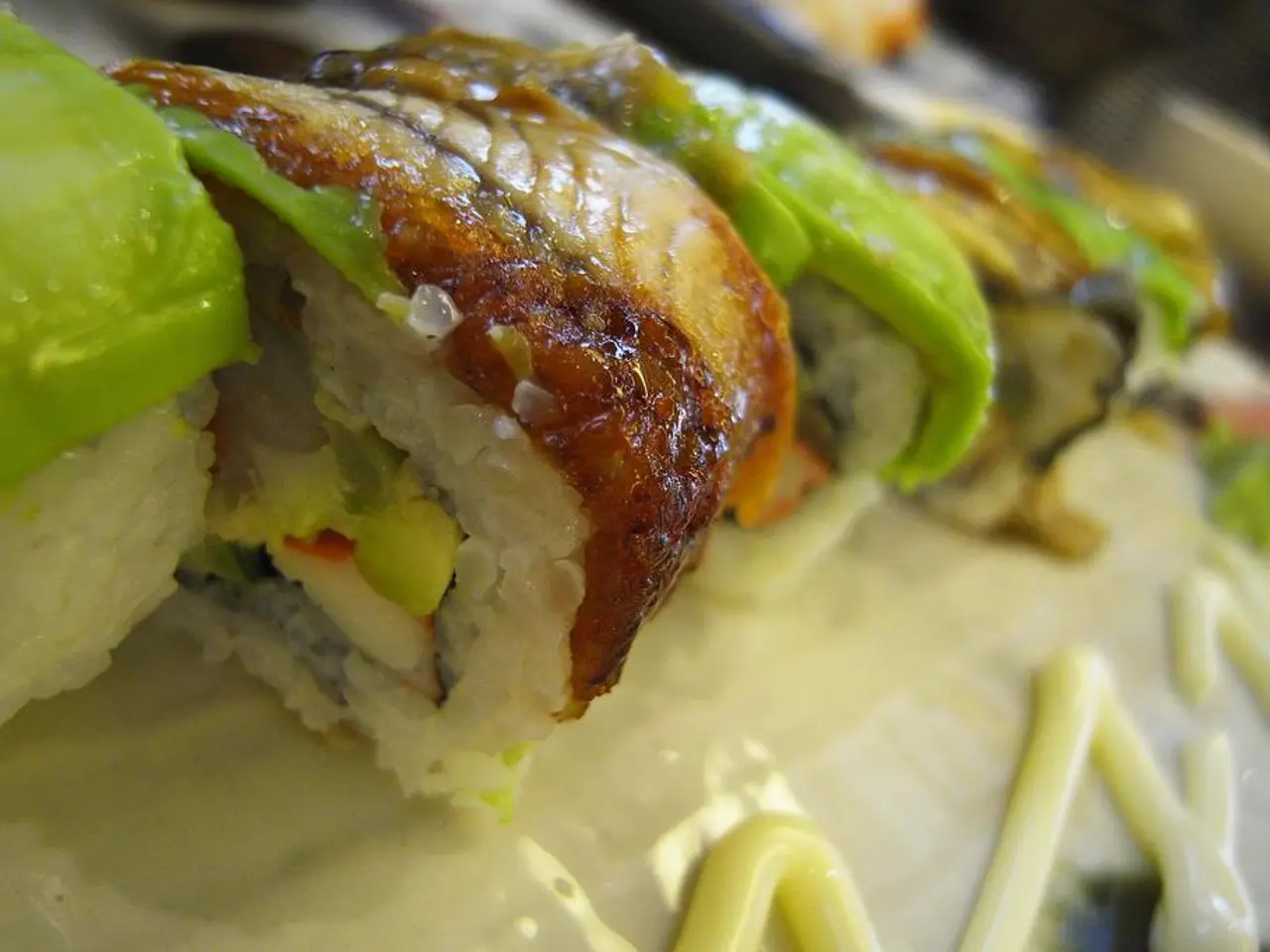Vietnam Establishes National Guidelines to Fuel Growth in Multi-Million Durian Industry
Vietnam has rolled out a comprehensive regulatory framework for exporting fresh durian, aimed at maintaining stringent food safety standards and enhancing the competitiveness of its exports. The new regulations, announced by the Ministry of Agriculture and Environment on August 4, cover various aspects of the production process, from cultivation to packaging, and adhere to the requirements of importing countries.
Key aspects of the new framework include:
- Certified Cultivation Areas and Facilities: Only durians originating from certified orchards and packing facilities with official planting area and facility codes are eligible for export. These codes ensure traceability and compliance throughout the supply chain.
- Laboratory Testing and Certification: Durian samples must be analyzed by licensed and authorized testing laboratories to certify quality and safety. Testing covers a wide range of factors, including the absence of pests, defects, and contaminants such as banned chemicals, cadmium, and organic impurities.
- Compliance with Food Safety Standards: Exports must meet strict criteria, including freshness, intactness, and freedom from pests or defects. Pesticide misuse and banned substances are rigorously monitored and prosecuted at the local level.
- Batch-by-Batch Inspection: For major export destinations like China, Vietnam applies batch-by-batch testing and attaches qualified test reports to each shipment. Any fruit failing safety tests must be returned or destroyed, risking suspension of exporters from the market.
- Labelling and Documentation: Export consignments must have complete labelling detailing the certified cultivation area and facility codes along with food safety certificates to guarantee transparency and traceability.
- Quality Control from Orchard to Packaging: The new framework mandates tightened control over the entire production process from cultivation, post-harvest handling, to packaging to maintain consistent quality and meet export market standards.
- Hygiene and Safety Monitoring: Vietnam has issued a national food safety monitoring process for fresh durian exports to support tightening quality management and prevent shipments with mold, yeast, or other contaminants.
- Support Opportunities for Certification Expertise: The framework opens opportunities for training and consultancy on standards such as GAP (Good Agricultural Practices), GMP (Good Manufacturing Practice), HACCP (Hazard Analysis and Critical Control Points), and ISO 22000 to build capacity among durian farms and packing facilities.
In cases where official certification is not mandatory, exporters must still register and obtain certification based on the standards of the destination market's authorities. This ensures consistency in quality and safety across all exported durians.
The new regulations are part of a broader shift in Vietnam's trade policies, reflecting the direction of Vietnam's imports and exports due to a series of green trade revolutions, government policy, and global trends. The agricultural sector in Vietnam, despite facing challenges in the first half of 2025, continues to show promising signs, with the export turnover of agriculture, forestry, and fishery products reaching $33.84 billion in the first half of 2025, up 15.5% year-on-year.
The recovery of fresh durian exports from Q3 2025, especially during the main harvest season from August to October, depends heavily on strict adherence to food safety standards. The document outlines the official process for issuing food safety certificates for export-bound durian, marking it as the first nationwide regulatory framework for a high-value agricultural product generating billion-dollar export revenue annually.
[1] Ministry of Agriculture and Rural Development (MARD) (2025). Food safety control process for fresh durian exports. [Online]. Available: https://mard.gov.vn/portal/page/portal/mard/thong-tin-tin-tuc/thong-bao-moi/2025/08/04/quy-trinh-kiem-tra-an-toan-thuc-an-cho-xuat-khau-dau-tay-moi-doanh-nghiep.htm
[2] General Department of Plant Protection (2025). Regulations for fresh durian exports. [Online]. Available: https://dongchu.mard.gov.vn/portal/page/portal/dongchu/thong-tin-tin-tuc/thong-tin-moi-nhat/2025/08/04/quy-trinh-kiem-tra-an-toan-thuc-an-cho-xuat-khau-dau-tay-moi-doanh-nghiep.htm
[3] Vietnam Customs (2025). Fresh durian exports: New food safety regulations. [Online]. Available: https://customs.gov.vn/portal/page/portal/customs/thong-tin-tin-tuc/thong-tin-moi-nhat/2025/08/04/xuat-khau-dau-tay-moi-quy-trinh-kiem-tra-an-toan-thuc-an.htm
[4] Vietnam Food Administration (2025). National food safety monitoring process for fresh durian exports. [Online]. Available: https://food.gov.vn/portal/page/portal/food/thong-tin-tin-tuc/thong-tin-moi-nhat/2025/08/04/quy-trinh-kiem-tra-an-toan-thuc-an-cho-xuat-khau-dau-tay-quoc-gia.htm
[5] Vietnam News Agency (2025). Vietnam tightens food safety controls for fresh durian exports. [Online]. Available: https://vietnamnet.vn/en/news/vietnam-tightens-food-safety-controls-for-fresh-durian-exports-754871.html
- Although Vietnam has established a rigorous framework for exporting fresh durian, it is essential to consider the impact of unfavorable weather conditions during the harvest season, as adherence to food safety standards may not guarantee durian's resilience against environmental factors.
- Improved food safety regulations for fresh durian exports may help boost Vietnam's competitiveness in the global market, but it is equally crucial to consider the potential effects of inclement weather on sports events and tourism, which contribute significantly to the country's economy during the same season.







